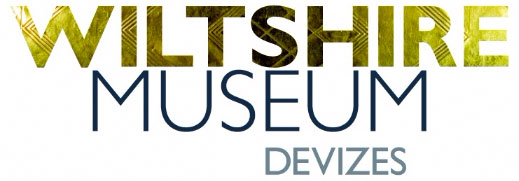arrowhead
Description
Summary: 1 barbed and tanged arrowhead with straight sides and long tangs and barbs, found with a primary cremation encircled by a wreath of antlers in bowl barrow Collingbourne Kingston G19, excavated by William Cunnington
Research results
A barbed-and-tanged arrowhead found with a primary cremation in the round barrow Collingbourne Kingston G19, excavated by William Cunnington. The arrowhead was one of a number found with the cremation, which was deposited within a ring of red deer antlers and with a dog deposited three foot from top of the barrow.
Wilkin (2011) discusses this grave group alongside a number of other Late Neolithic and Early Bronze Age graves in Wiltshire, Dorset, and Oxfordshire, in order to explore the significance of the inclusion of animal remains in graves of this period for human-animal relationships. They suggest that whilst these are not frequent inclusions, only appearing in 15% of graves, they are disproportionately non-meat bearing elements such as skulls, horns, and antlers and may have had symbolic connotations. He suggests that animal remains linked practical and cosmological concerns; for example: the quality of a year’s antler harvest may have impacted communities’ ability to construct a monument, tying social identities to natural cycles. The inclusion of domestic cattle and wild deer in the same graves may have had significance in terms of how the dichotomy of hunting and farming was viewed by contemporary communities, whilst the animal remains themselves may have referenced the inherent characteristic of the animals themselves and assisted in the evocation of spirits or powers, or have had symbolic potential.
Not found what you are looking for? Try a new search or search the Wessex Museums Virtual Collection.

